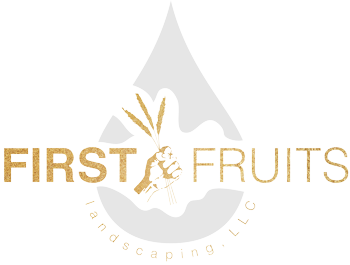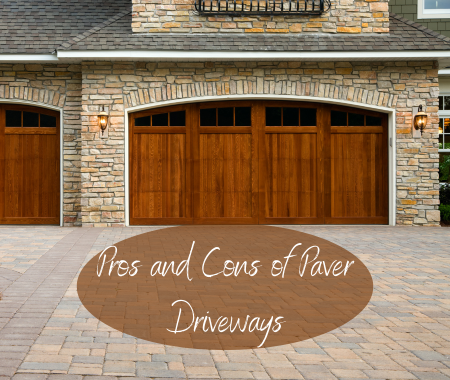When it comes to driveway materials, paver driveways present both benefits and drawbacks worth considering. These driveways stand out for their unique set of advantages and disadvantages when compared to alternative options.
Pros & Cons Of Paver Driveways
Pros
Paver driveways offer a plethora of advantages that set them apart from other driveway materials. One notable advantage is their remarkable aesthetic appeal. With a wide variety of colors, shapes, and patterns available, homeowners have the flexibility to create a driveway that exudes an attractive and elegant look, perfectly complementing their property’s overall aesthetic. In addition to their visual appeal, paver driveways excel in terms of durability. Constructed from robust materials such as concrete, brick, or stone, pavers are renowned for their strength and resilience.
These driveways can effortlessly withstand heavy loads, ensuring they remain intact and resistant to cracking or crumbling, even with regular usage. Another significant benefit of paver driveways lies in their ease of repair. In the unfortunate event that a portion of the driveway becomes damaged, pavers can be individually replaced without necessitating extensive renovation or affecting the surrounding areas. This practicality not only simplifies the repair process but also proves to be a cost-effective solution when compared to other driveway types.
When it comes to maintenance, paver driveways demand minimal effort. Regular sweeping to remove debris and occasional rinsing with water are typically sufficient to keep them clean and well-maintained. In the event of a stain or damage to a specific paver, it can be easily cleaned or replaced individually, without requiring extensive maintenance measures. Furthermore, some paver driveways are designed with permeable pavers, which offer an added advantage of water infiltration. By allowing water to permeate through the driveway surface and into the ground, these driveways contribute to reduced stormwater runoff and improved water management on the property, promoting sustainable practices. With their remarkable aesthetic appeal, durability, easy repairability, low maintenance requirements, and the option for permeability, paver driveways emerge as a compelling choice for homeowners seeking a visually pleasing, long-lasting, and practical driveway solution.
Cons
While paver driveways boast numerous advantages, it’s essential to also consider their potential drawbacks. One notable disadvantage is the higher upfront cost associated with paver driveways compared to materials like asphalt or gravel. The expense encompasses not only the pavers themselves but also the labor required for installation, making it a pricier option. Furthermore, the installation of a paver driveway can be a time-consuming process. It involves several steps such as excavation, base preparation, laying the pavers meticulously, and filling the joints with sand or a similar material.
Depending on the size and complexity of the project, the installation time may be longer than that of other types of driveways. Additionally, it’s crucial to consider the weight-bearing capacity of pavers. While generally durable, pavers may not be suitable for extremely heavy loads. If you frequently park large vehicles or heavy machinery on your driveway, it’s important to select pavers specifically designed to withstand the weight. Another aspect that warrants attention is the potential for weed growth between pavers. The joints between the pavers can provide an opportunity for weeds or grass to emerge. Although this issue can be mitigated through the use of weed barriers during installation or the application of weed-killing products as needed, it does require ongoing attention and maintenance to prevent weed growth from impacting the driveway’s appearance.
Lastly, maintaining the integrity of the paver driveway’s joints is vital. Over time, the sand or filler material between the paver joints may erode or shift, leading to gaps or unevenness on the driveway surface. To ensure its longevity, periodic maintenance, and reapplication of joint filler may be necessary. By considering the higher cost, installation time, weight-bearing capacity, the potential for weed growth, and joint maintenance, homeowners can make an informed decision about whether paver driveways align with their specific needs and preferences.
In Conclusion
It’s important to consider these pros and cons and weigh them against your specific needs and budget before deciding on a paver driveway. Consulting with a professional contractor can also provide valuable insights and help you make an informed decision.
Are you in need of exceptional and all-encompassing landscape design services? Or maybe you’re seeking reliable and ongoing maintenance for your outdoor spaces? Your search ends here! We enthusiastically invite you to contact us, as we specialize in fulfilling all your landscaping requirements in the stunning Snohomish County region.

